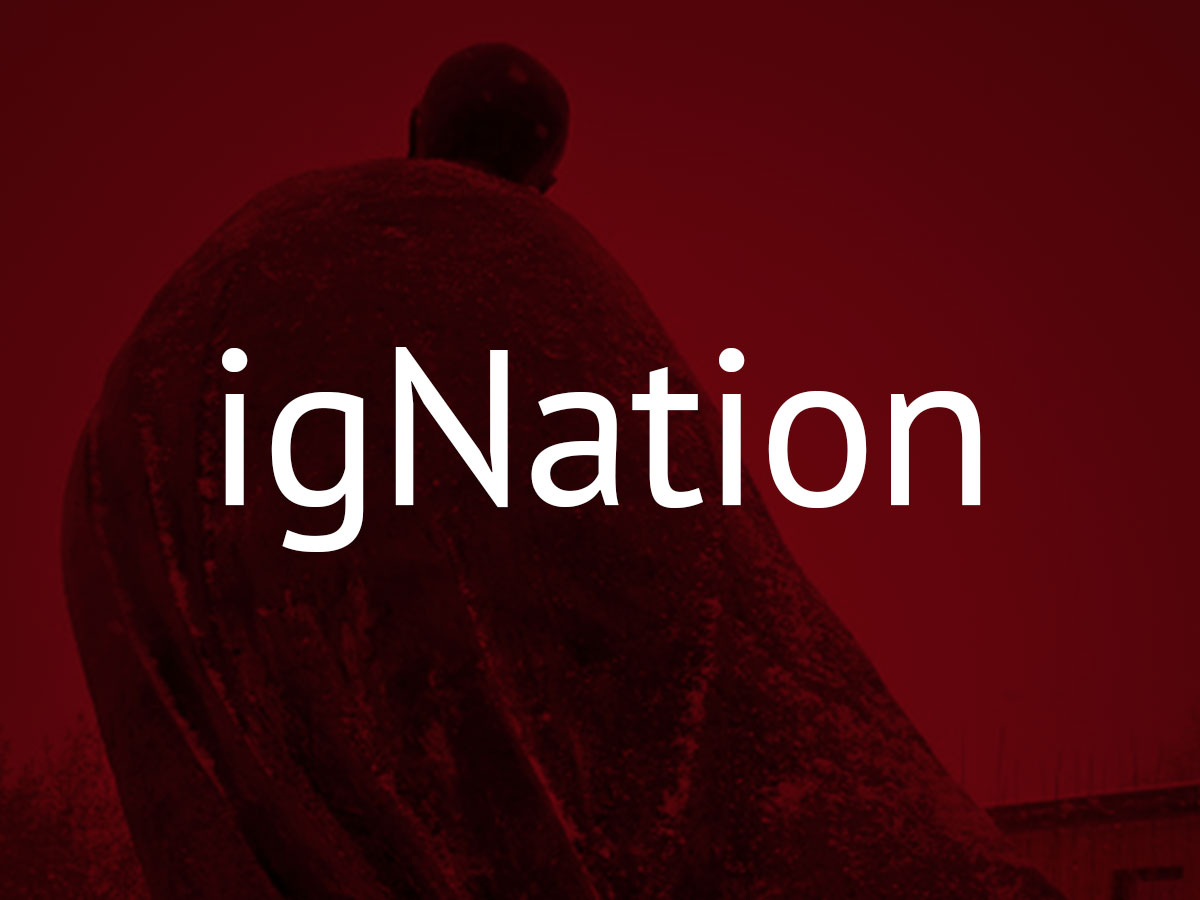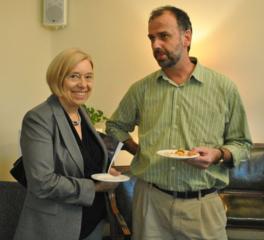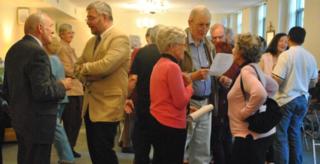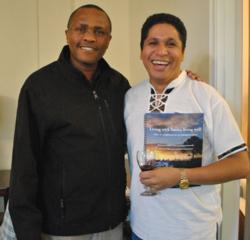My Experience with the Jesuit Forum

As I grow older, I become increasingly aware that there is injustice in the world—big time.
Unfortunately, I haven’t a clue what to do about it.
The disproportion between my intellectual awareness and my practical cluelessness makes me uneasy—so much so that it is increasingly difficult to ignore. I really must do something about it. But what?
That’s where the Jesuit Forum comes in.
Last February, I was invited to a session of the Forum where a small group of people meet to discuss social injustice. “Great!”, I thought. “This is just what I need. A place where I can learn about the massive injustices of the world and what to do about them. Perfect.” I was particularly looking forward to the evening because I was expecting some experts to be there – people that would be able to teach me all about global injustice and tell me exactly what I need to do to fix it.
The session went from 5:30 to 8:30. We started with a light dinner. I settled in with some old friends, renewed some acquaintances, and met some new people. By 6:30, the facilitator herded us into the adjoining room and the 10 of us sat in a circle. I was waiting to be enlightened by the wisdom of group’s leaders.
That’s not what happened.
We started with a question that each of us had three minutes to answer. We were asked: “Who are you?” Fr. Bill Ryan, who was facilitating the exchange, told us that when we answer that question, he didn’t want us to tell what we do; “I want you to tell me who you are.” Bill went on to model the kind of answer he was looking for. Rather than talking about his job or academic credentials, Bill told us about growing up in a large family and working in the lumber camps outside of Ottawa in the 1940s. As we went around the circle, I learned that Kevin has a mentally handicapped brother, that Anne used to love to walk in the Irish countryside as a girl to escape the busyness of her large family, and that Sonal, an Indian woman from the United Arab Emirates, wanted to be a butcher when she grew up.
This is lovely, I thought, but when are we going to get to solutions to social injustice?
The second question wasn’t much more promising. “What drains you of energy?” One woman gave a shockingly specific answer: “My sister.” Others spoke of being overwhelmed by the coldness of co-workers or by technology or by climate change or by the civil war in Syria. Each of these problems seemed more than we could handle.
The third (and final) question of the evening was the positive twin to the second: “What fills you with energy?” I don’t remember the details of each answer, but many spoke of the importance of being together with others—particularly people who are lively and ready to share their worries, their fears, their triumphs, their hopes and their dreams.
And that was it.
I confess that I enjoyed the evening—we all did—but I was also perplexed. What about the diagnosis of and solutions to injustices around the world? What happened to that? Wasn’t that the point of getting together in the first place?
And then it occurred to me. The solution to social injustice is true community—a group of people really connected with each other and with their own hearts and who have a desire to be together to create the conditions where real peace and joy and food are available to all.
 Without lecturing us and overwhelming us with more data about how awful things are in the world, Bill had ingeniously led us to a solution. Eat together, be present to each other, speak from the heart about what delights you and what devastates you, and you are well on your way to finding (and being!) a solution to the injustices of the world.
Without lecturing us and overwhelming us with more data about how awful things are in the world, Bill had ingeniously led us to a solution. Eat together, be present to each other, speak from the heart about what delights you and what devastates you, and you are well on your way to finding (and being!) a solution to the injustices of the world.
Since that February evening, our group has met two more times. Not everyone could make it to each gathering, but everyone wanted to make it. (Isn’t that remarkable? How many meetings at your work do people want to attend, especially if they are held after work hours?) In these subsequent sessions, we began using the Forum’s new resource, Living with Limits, Living Well, (the last time it was 5 pages on Canada and fossil fuels), but we still start with a light meal; we still have 3 minutes to respond to questions; we still have hearts open to each other and to the injustices of the world; and rather than being drenched in isolation, cluelessness and inadequacy, we leave energized to go out into the world to do justice together.




No Comments